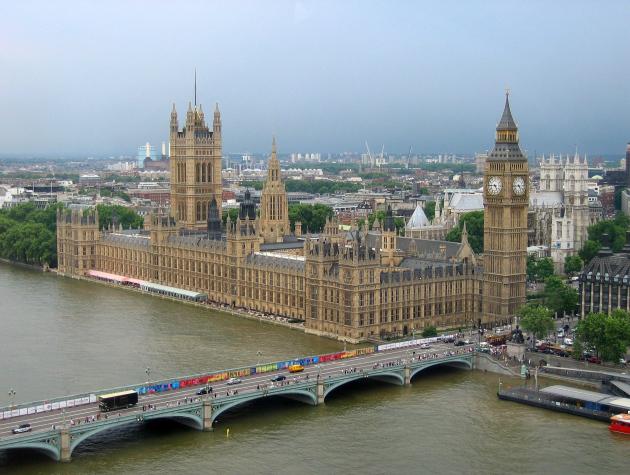Emily Jones Discusses the Future of Trade Policy at the WTO
Where now for the World Trade Organisation? Last December in Bali, WTO members finally reached an agreement on the Doha Development Agenda, the first in the organisation's 18 year history. Yet the agreement is a modest affair and there is much speculation on the WTO's future, particularly given the rapid rise in free trade agreements. In the words of one analyst, Bali moved the WTO ‘out of the emergency room and into the intensive care unit’.
On 14 February at the WTO's Advanced Trade Policy Course, Dr. Emily Jones, GEG's Deputy Director, debated the future of the WTO alongside H.E. Shahid Bashir, Pakistan's Ambassador to the WTO and current chair of the WTO's General Council, and H.E. Michael Punke, Deputy United States Trade Representative and Ambassador to the WTO.
Dr. Jones argued that the current debate is an opportunity to make the WTO more efficient and equitable, however she cautioned that many of the proposals on the table posed risks for small developing countries. She was particularly critical of suggestions to abandon the consensus principle (nothing is agreed until everyone agrees) as this would reduce the leverage of small developing countries and lead to their marginalisation in the negotiations. Dr. Jones offered a series of practical suggestions for improving the efficiency of WTO negotiations without sacrificing the WTO's legitimacy and its ability to deliver agreements that support development.







